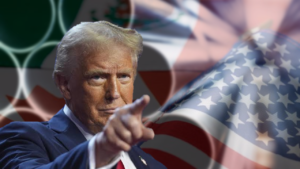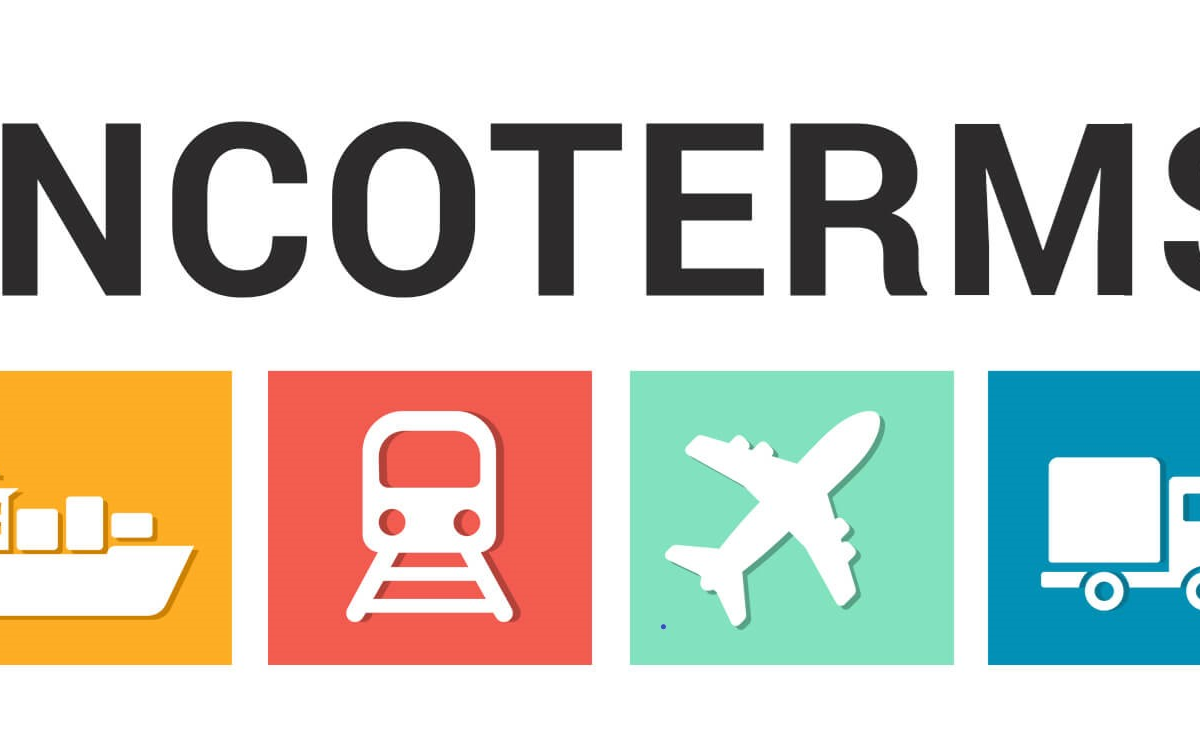
This article is written by Austin Garcia
President Donald Trump has announced a big change for global trade. He imposed a 25% tariff on all steel and aluminum imports. This includes products from key partners like Canada and the UAE. This move aims to help U.S. production. It also seeks to create jobs and cut the trade deficit. However, it has caused strong reactions worldwide.
Trump’s 25% Tariff on Steel and Aluminum
On February 10, 2025, President Trump signed an executive order. It placed a 25% tariff on all steel and aluminum imports. This bold action aims to boost American industries. These industries have faced tough foreign competition. By applying this tariff everywhere, it changes U.S. trade policy. It will have major effects on global trade.
Reactions from Canada and the UAE
Canada is the top steel supplier to the U.S. Prime Minister Justin Trudeau strongly opposed the tariffs. He called the measures “entirely unjustified.” Canada also announced its own retaliatory tariffs on U.S. imports. This move will likely strain their close economic ties. In 2024, Canada was the largest supplier of steel to the U.S., accounting for 6.56 million net tons.
The UAE also voiced concerns. They are looking for diplomatic ways to lessen the impact. In 2024, the UAE exported 350,000 tonnes of aluminum to the U.S., making it the second-largest aluminum supplier to the American market. The European Union and South Korea are also planning strong countermeasures. This signals a possible wider trade conflict.
Impact on Fast Fashion: Temu and Shein
The tariffs affect more than just steel and aluminum. They are also hitting the fast fashion sector. Chinese e-commerce giants Temu and Shein have raised prices. They have also removed some products. This is due to new 10% tariffs on Chinese goods. Also, duty-free shipments were suspended. These changes disrupt their business models. U.S. consumers now face higher prices. Shipping times are longer. Temu, for example, has had to raise prices by 20-40% on some U.S.-bound goods.
Counterfeit Postage Labels Scandal
Amid these changes, some sellers use fake U.S. postage. This is to boost profits on platforms like Temu. This fraud costs the U.S. Postal Service millions each year. In one case from 2020-2023, a single scheme caused over $150 million in losses to the USPS. This highlights broad regulatory issues in global e-commerce. Making, sharing, or buying fake USPS labels is a crime. Overseas warehouse operators risk jail time. This is for processing parcels with these labels. It is likely that only a small number of merchants use fake labels. But this number could rise as shipping costs increase. Shipping is a major cost for online sellers. USPS charges up to $10 for a 2-pound parcel.
Conclusion
Trump’s strong tariff strategy is changing the global economy. It aims to protect U.S. industries and jobs. But it also strains international relations. Consumer prices are rising. Global e-commerce faces new challenges. As other countries respond, the full effect of these tariffs will continue to emerge. This will greatly influence international trade.
Come work with us today! Visit https://trade-flex.com.



